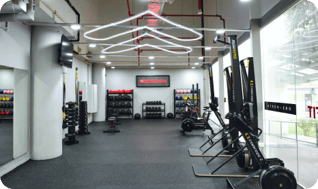.jpg?width=300&name=Heel%20Pain%20(1).jpg)
Achilles Tendonitis Therapy
Achilles Tendonitis Therapy
Take the first step towards pain-free living with our specialised treatments!
What is Achilles Tendonitis?




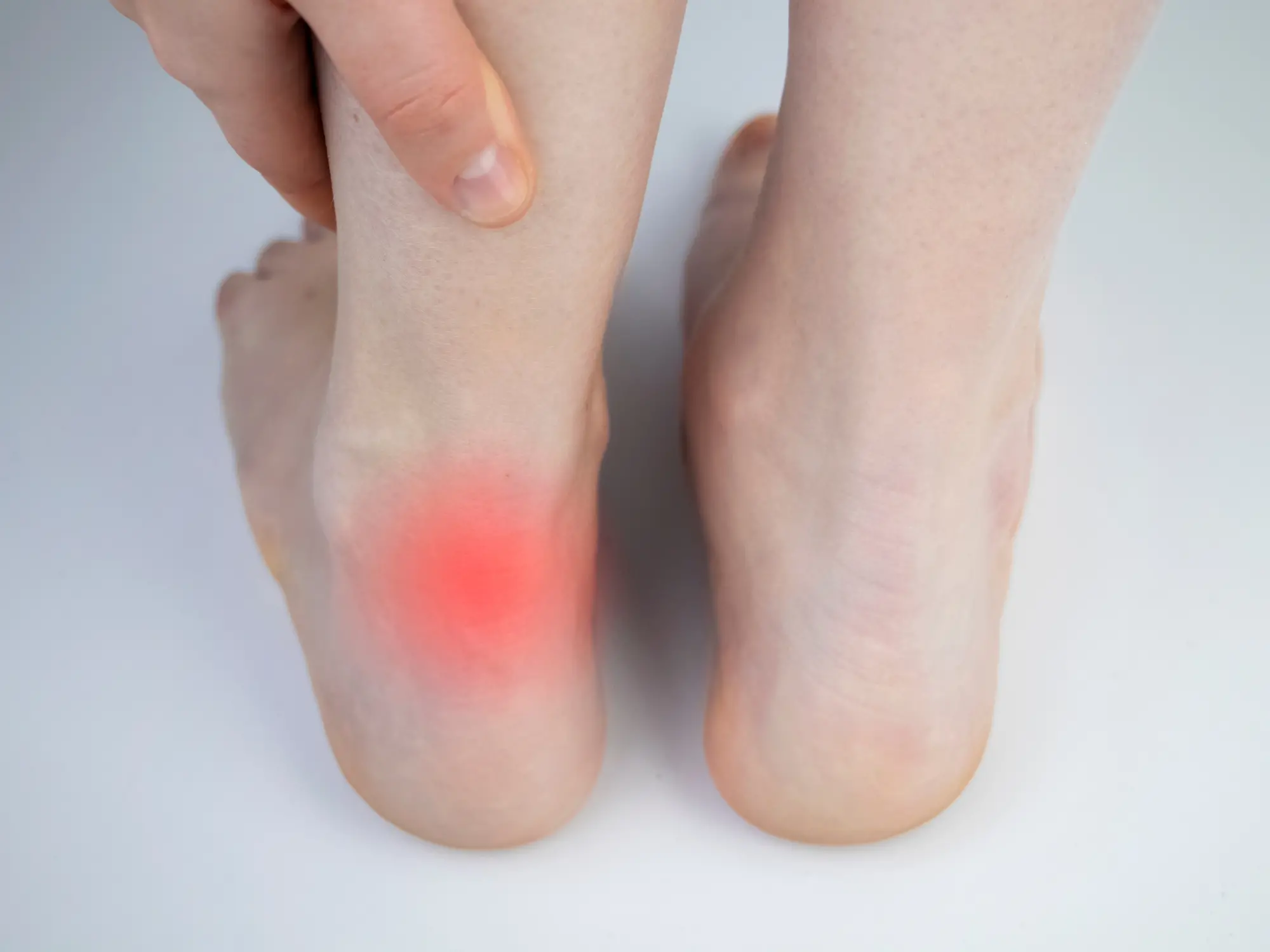
Causes of Achilles Tendonitis
Symptoms of Achilles Tendonitis
The symptoms of Achilles tendonitis can vary in intensity and may develop gradually. Some common signs include:Pain and Stiffness
Individuals often experience pain along the Achilles tendon or at the back of the heel, which is typically worse upon waking in the morning or after periods of inactivity. This discomfort tends to lessen with mild activity but can return with increased strain.
Swelling
Noticeable swelling along the Achilles tendon is a common symptom, particularly becoming more pronounced after physical activity or exercise. This swelling indicates inflammation and can be accompanied by warmth to the touch.
Tenderness
The affected Achilles tendon usually feels tender to the touch, especially when gently squeezed. This localised tenderness is a key indicator of inflammation within the tendon.
Thickening of the Tendon
Over time, or in more chronic cases of Achilles tendonitis, the tendon itself may begin to feel thicker or appear visibly enlarged compared to the unaffected side. This thickening is a result of scar tissue formation and ongoing inflammation.
Limited Range of Motion
One might experience difficulty flexing the foot upwards (dorsiflexion) or pointing the toes downwards due to pain or stiffness in the Achilles tendon. This reduced range of motion can impact walking, running and other daily activities.
Crepitus
A distinct creaking, crackling or grating sensation (known as crepitus) may be felt or heard when moving the ankle or palpating the Achilles tendon. This sound often indicates friction or irregularity within the inflamed tendon sheath.
Noticeable Lump Development
In more advanced or chronic cases of Achilles tendonitis, a visible or palpable lump may develop along the affected Achilles tendon. This lump is usually a localised thickening due to degeneration or scar tissue accumulation within the tendon fibres.
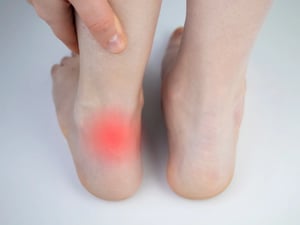
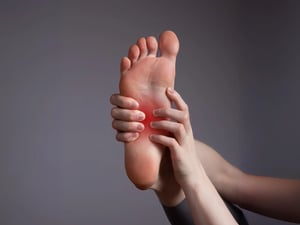
Causes of Achilles Tendonitis
Our Approach to Achilles Tendonitis Therapy
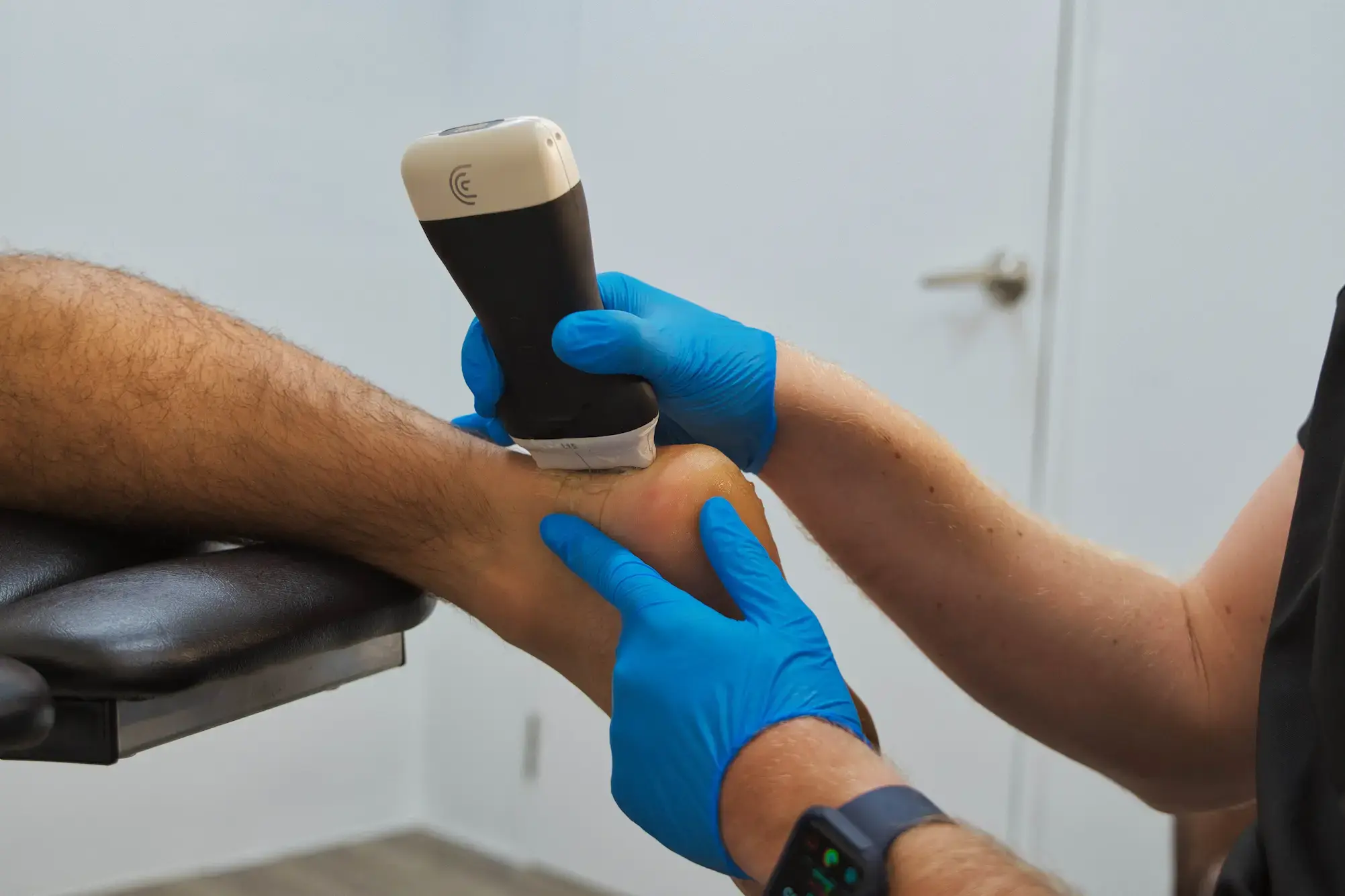
Step 1: Thorough Assessment
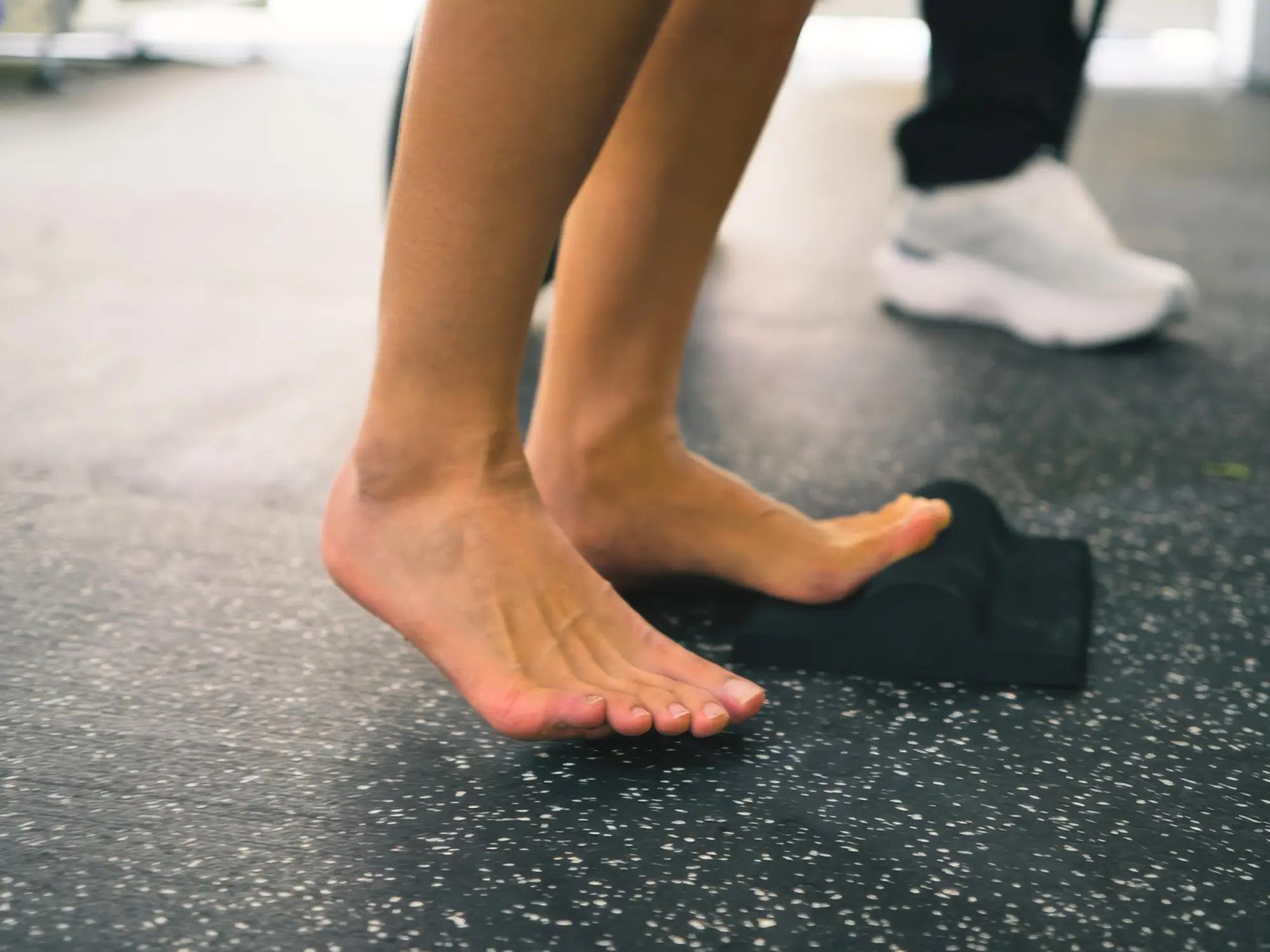
Step 2: Customised Management Plans
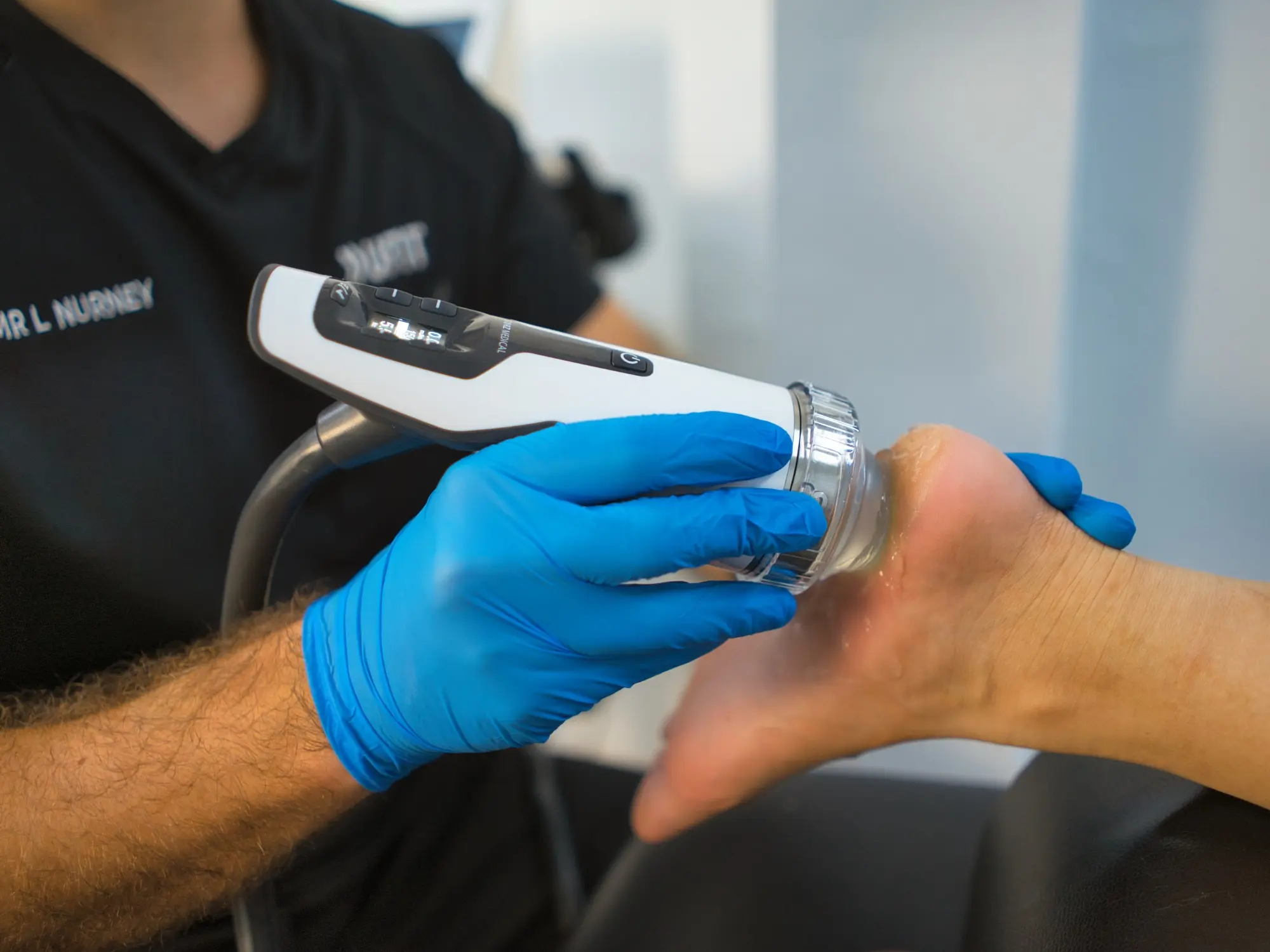
Step 3: Advanced Therapies
UFIT Podiatry offers advanced therapeutic options such as Radial Shockwave Therapy and Focal Shockwave Therapy to accelerate healing. These cutting-edge modalities precisely deliver energy to the affected Achilles tendon, stimulating blood flow and tissue regeneration to effectively manage chronic pain and promote faster recovery.
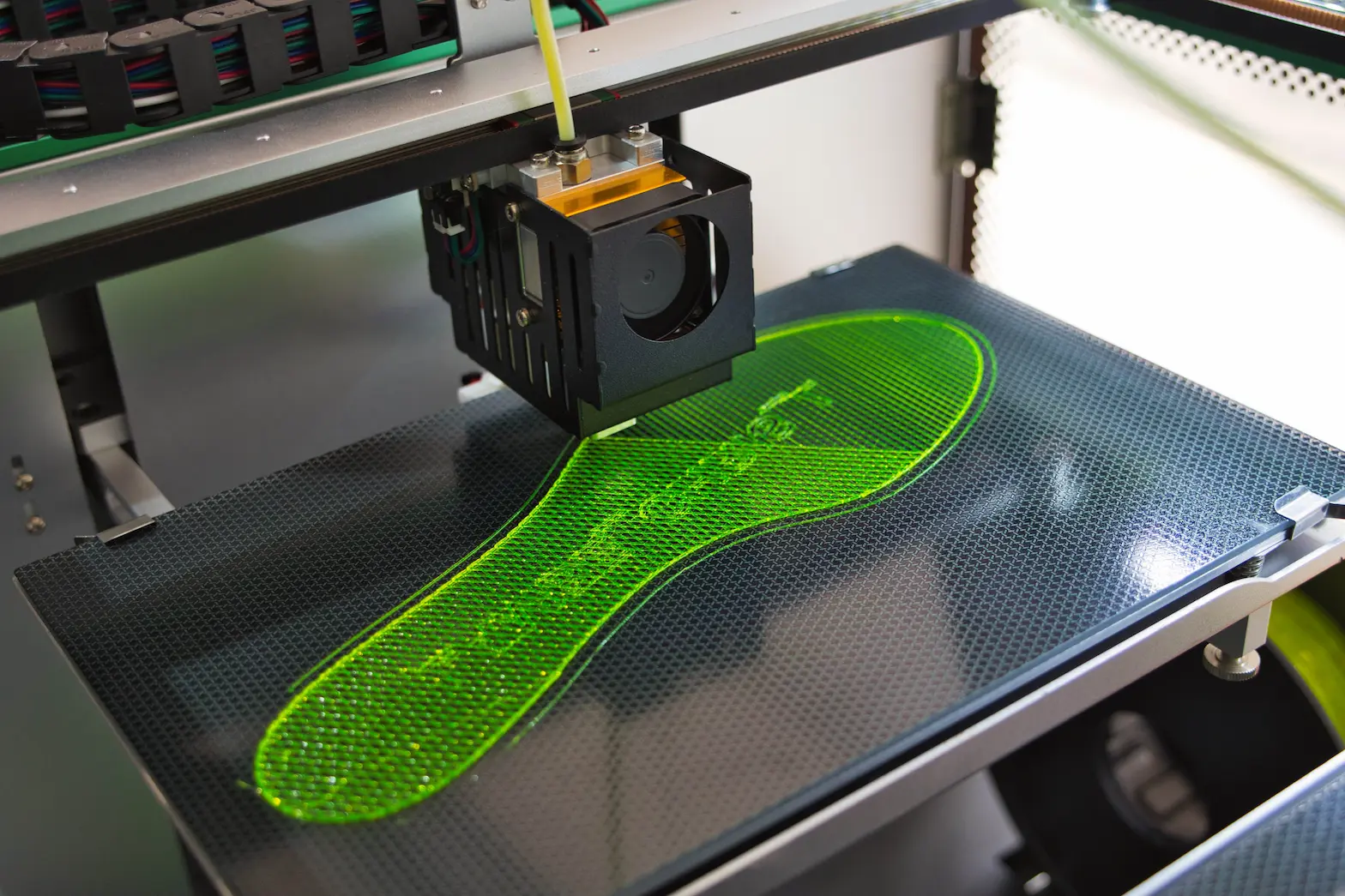
Step 4: Custom Orthotics
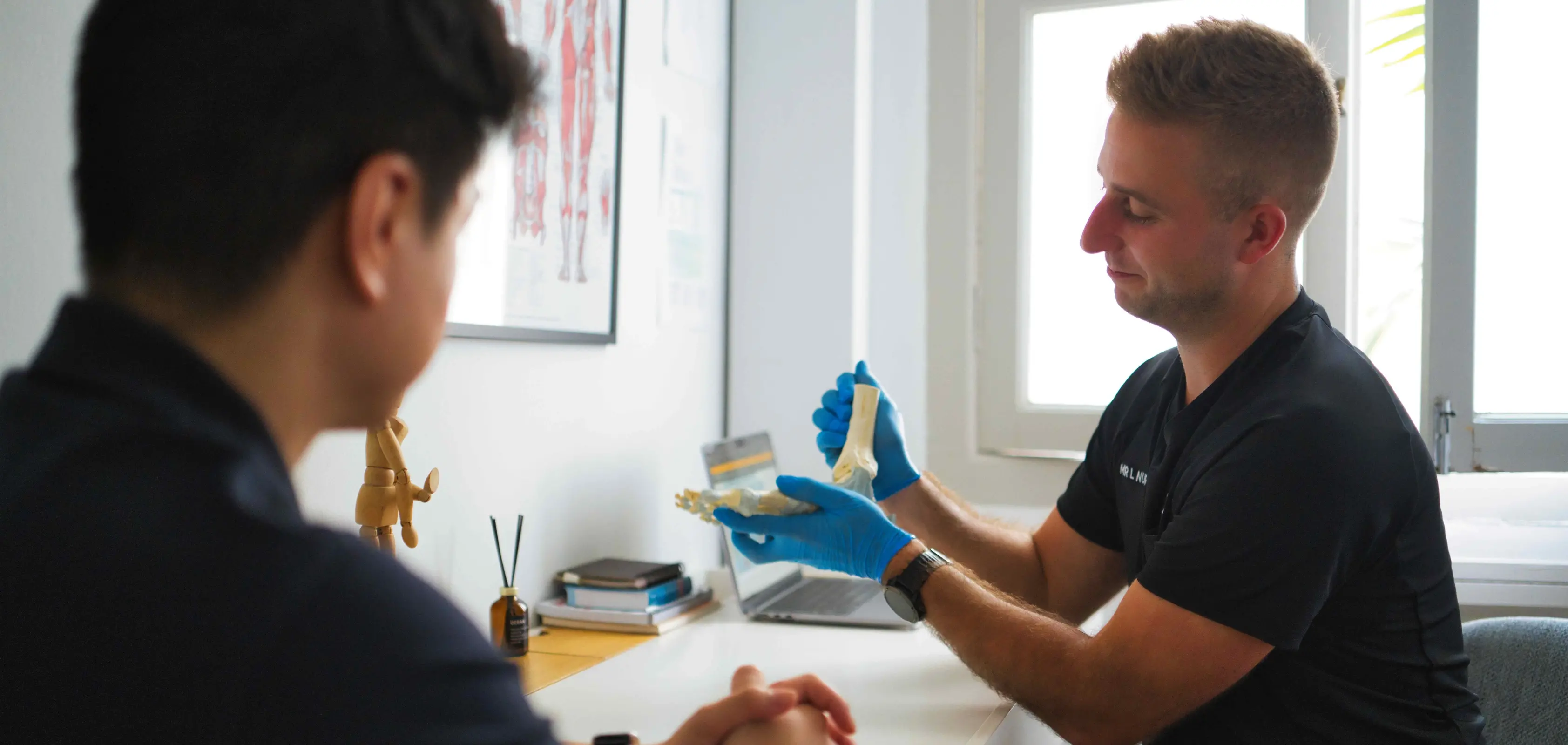
Step 5: Education and Prevention
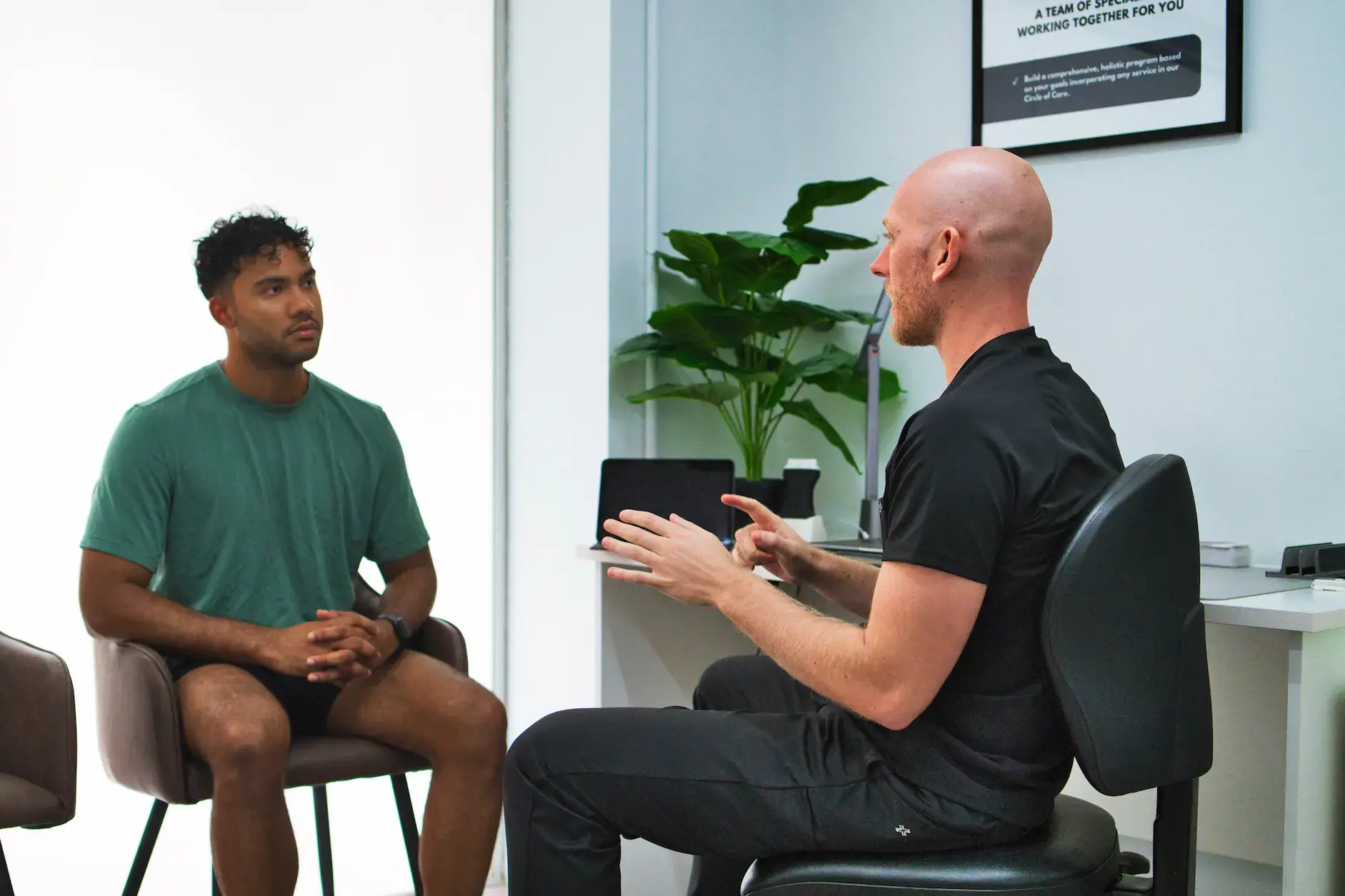
Step 6: Follow-Up Care
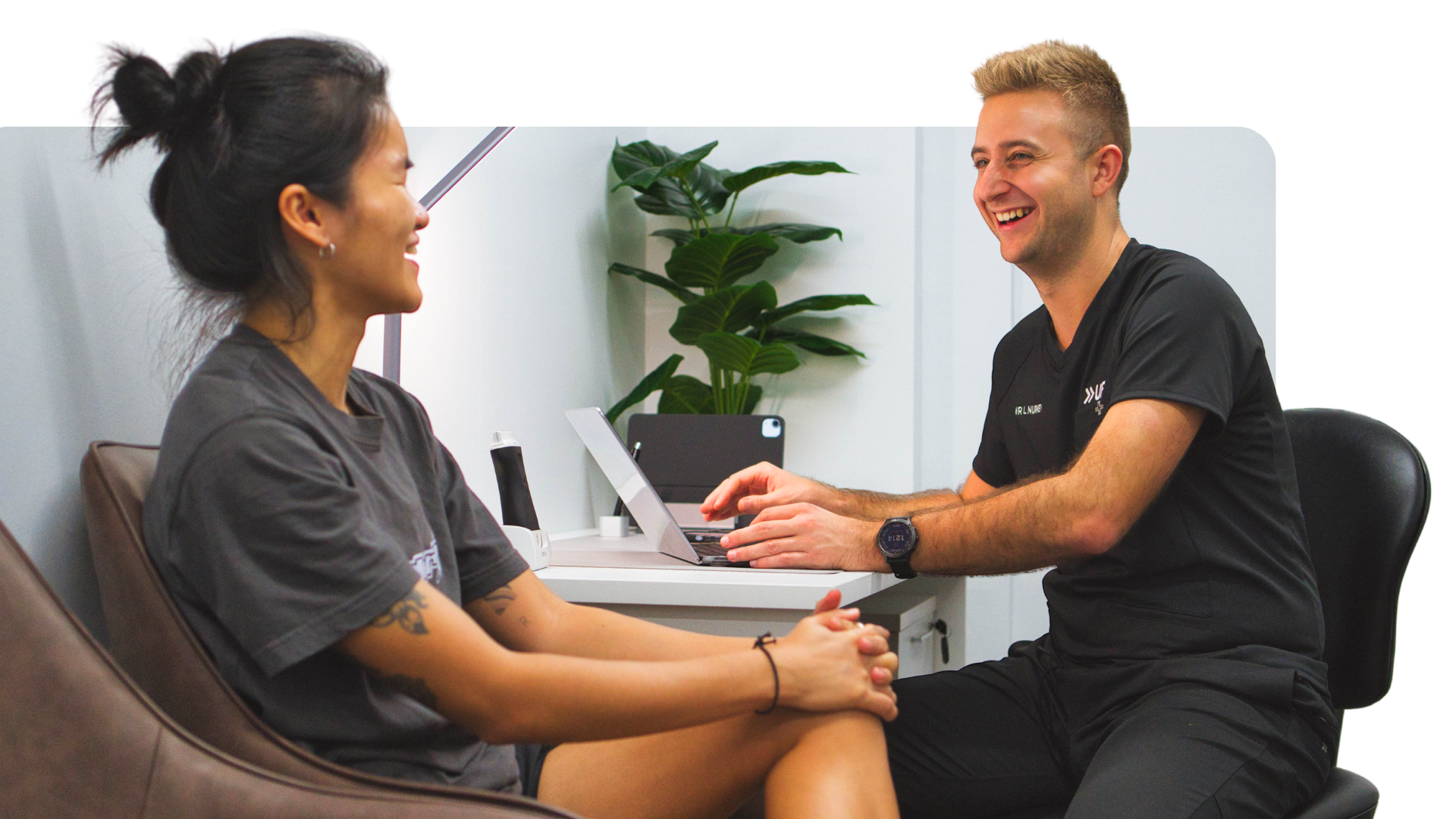
Book online & get $20 off your first consultation
- Personalised, evidence-based care
- Premium, central clinic in the CBD
- Experienced podiatary team
*Terms & Conditions:
- Valid for first time patients who have made prepayment at least 24 hours before the appointment
- Non-cancellable and non-transferable
- Applicable only for initial consultation & can't be used in conjuction with any other offers or promos
Why Choose UFIT’s Podiatry Services?
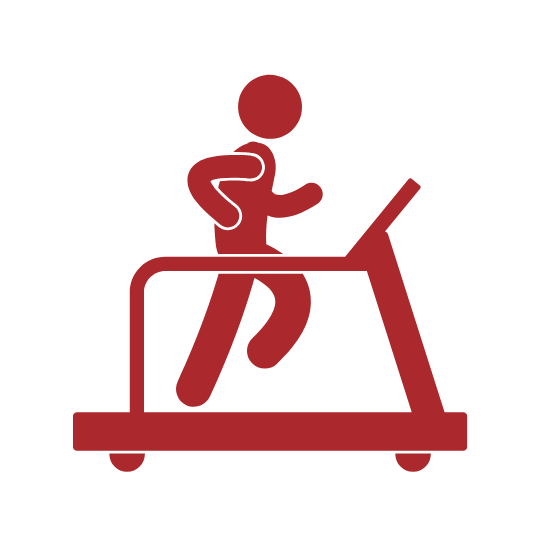
Advanced Technology
As a leading podiatry clinic in Singapore, we stand out by offering advanced gait analysis and in-house 3D-printed insoles, all accompanied by a comprehensive report to provide unparalleled insights into your lower limb biomechanics.

Elite Care for Every Individual
Our podiatry services offer personalised, evidence-based care for a wide range of individuals, including athletes, adults and children. So if you’re experiencing lower limb pain, our expert team can provide comprehensive support to get you back to doing the things you love.

Team of Experts with Optimal Results
We offer more than just solutions for your injury or pain. Through UFIT's integrated Circle of Care, you gain access to our team of expert podiatrists and other healthcare professionals, bringing together a vast range of experience and knowledge to achieve optimal outcomes for your foot and lower limb health.
Achilles Tendonitis Management and Prevention Tips
Here are a few practical tips to deal with this condition:
Rest, Ice, Compression, Elevation (R.I.C.E.) for Acute Injuries
Podiatry Therapies for Accelerated Healing
Foot Orthotics for Improved Alignment
Eccentric Stretching for Calf Muscles
Regular Stretching for Flexibility
Warm-up and Cool-down Exercises
Wear Appropriate Footwear
Address Recurring Issues Promptly
Rest, Ice, Compression, Elevation (R.I.C.E.) for Acute Injuries
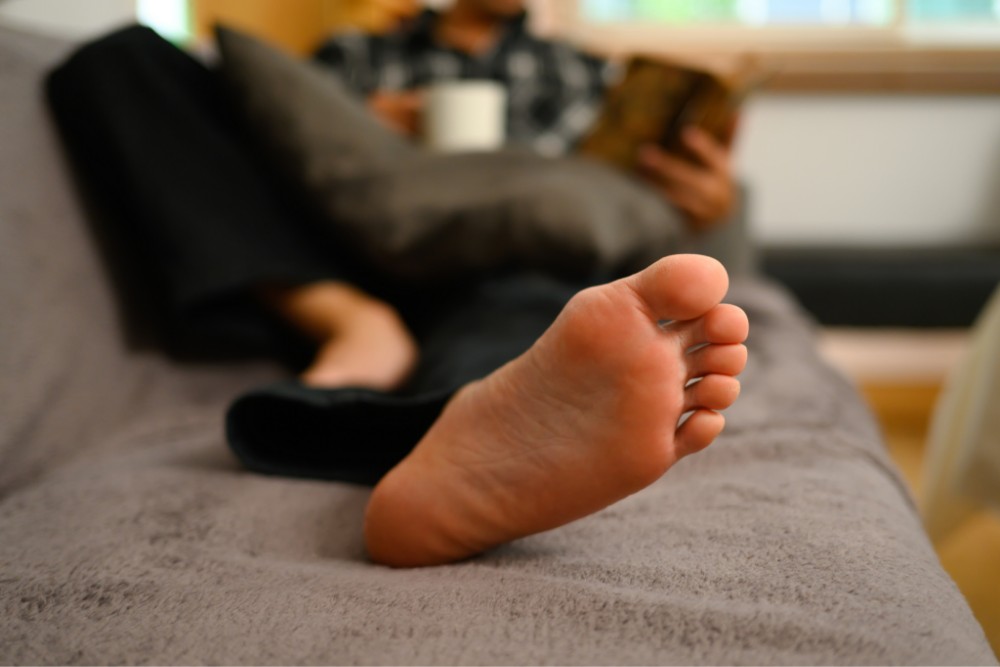
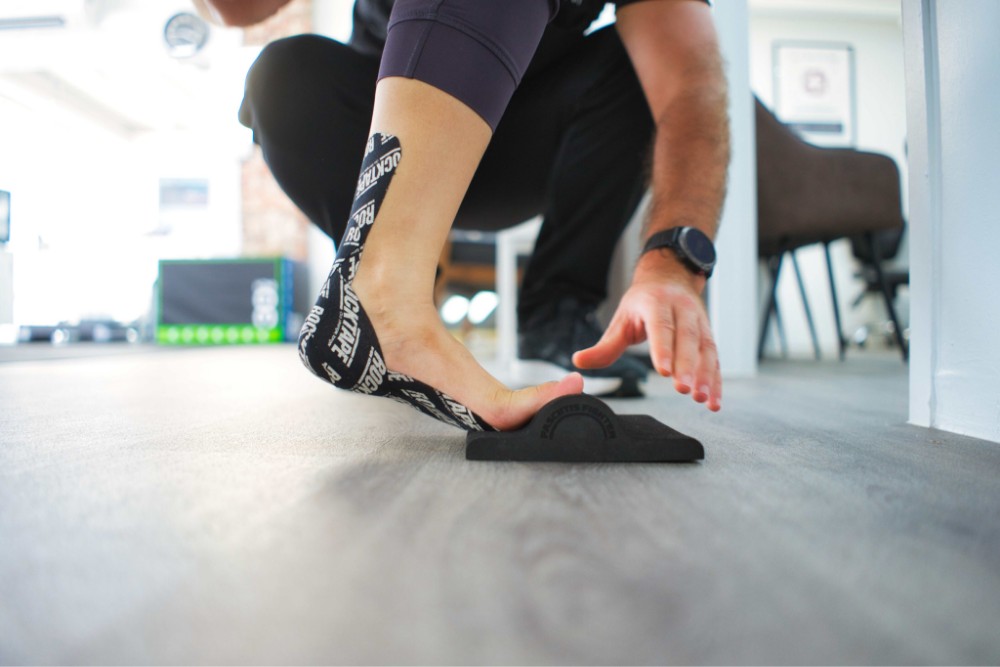
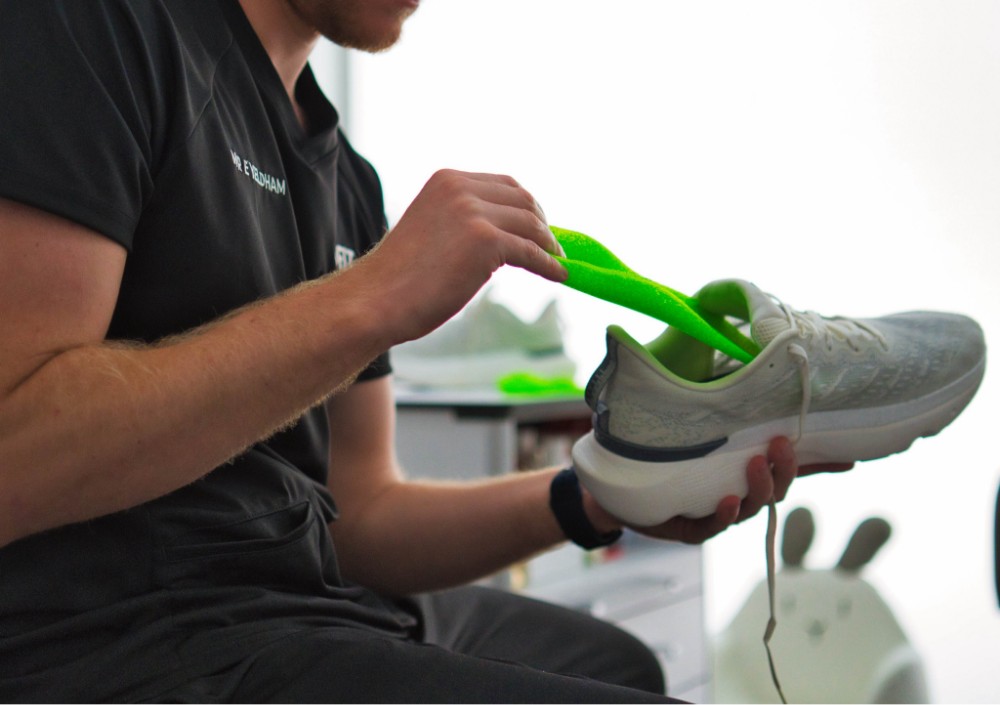
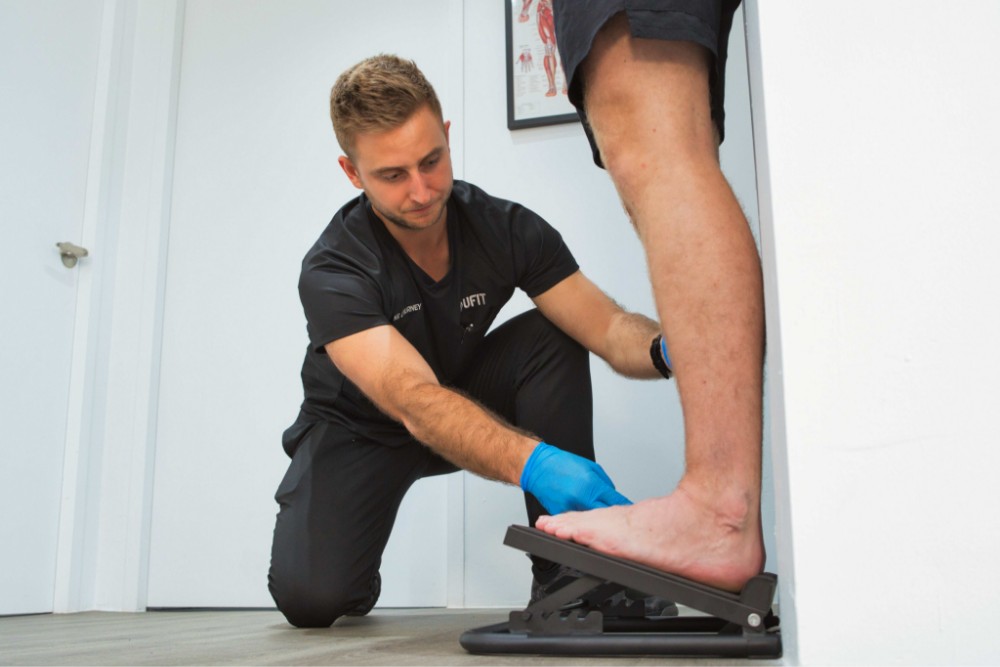
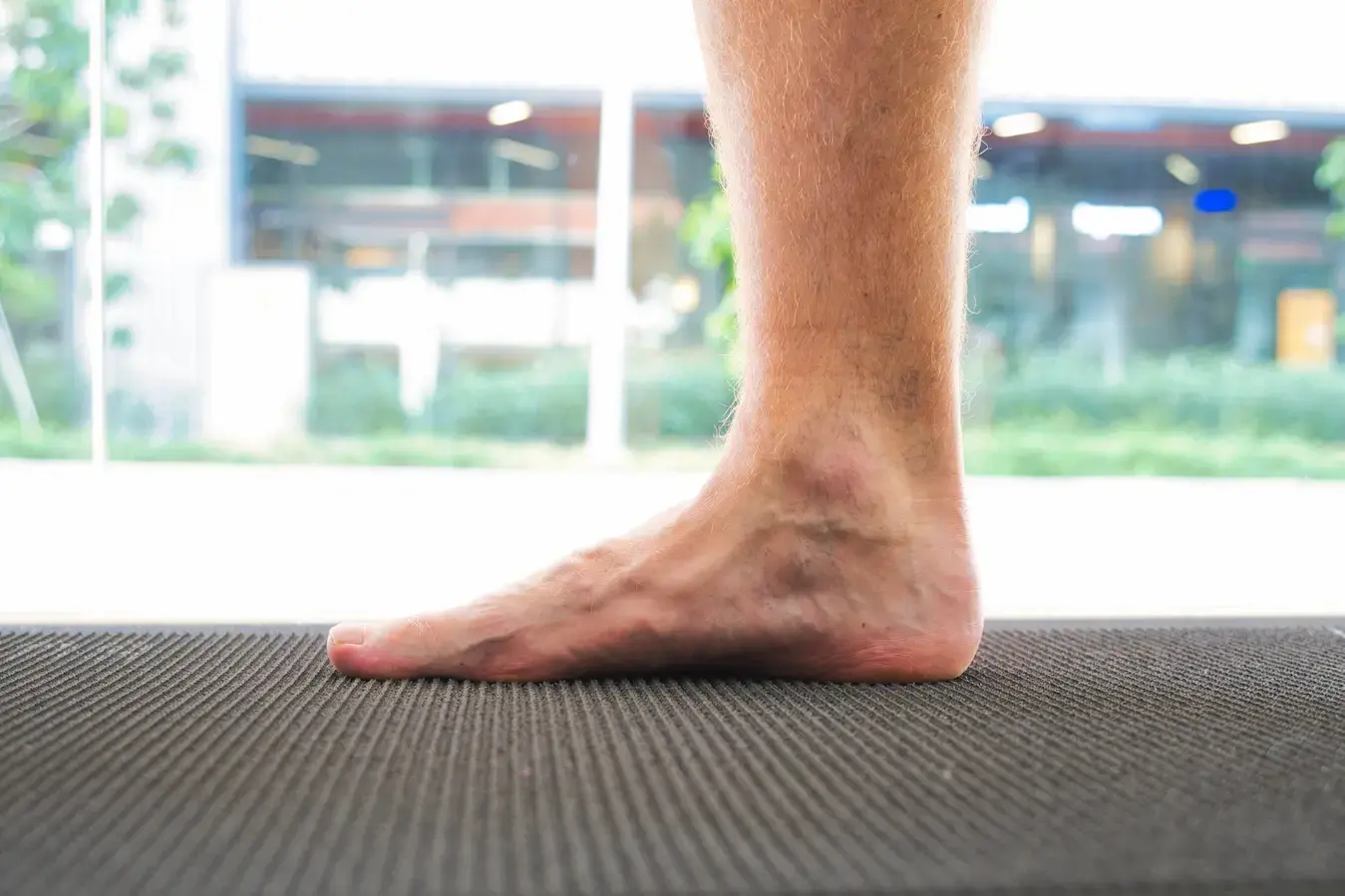
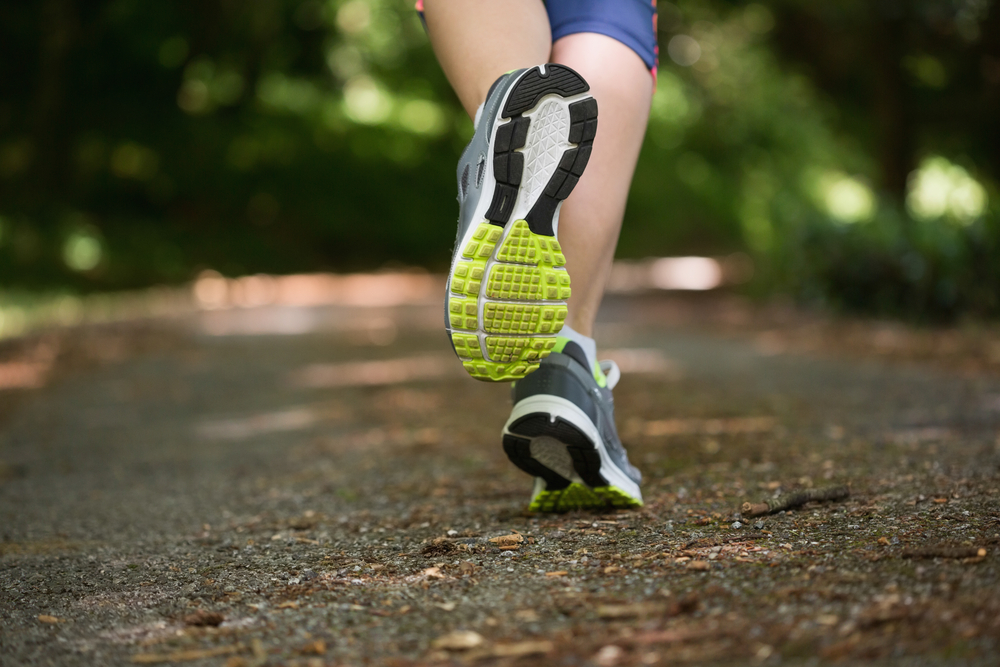
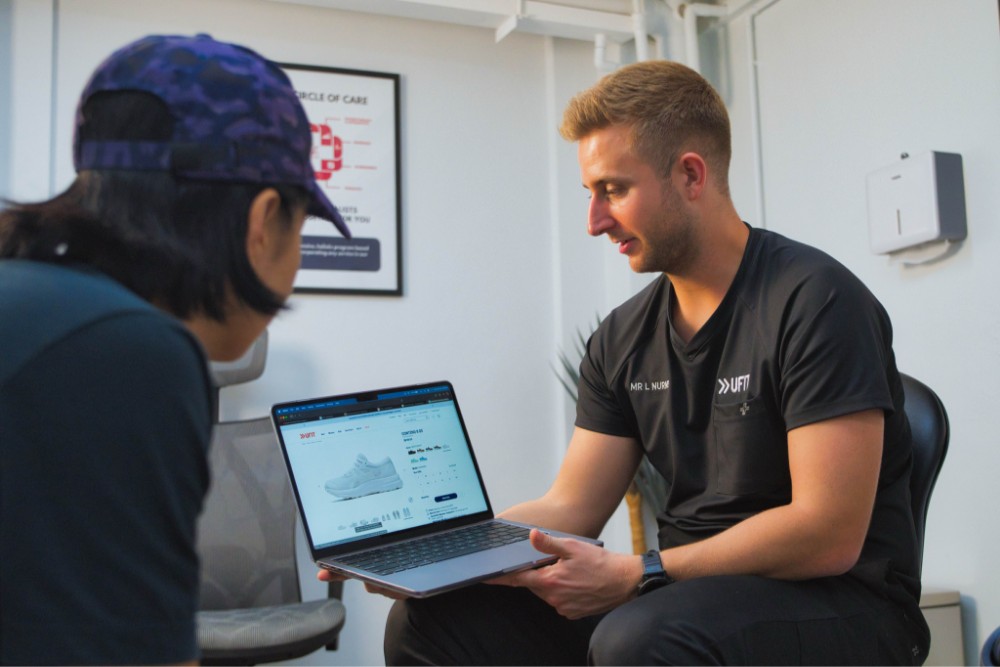
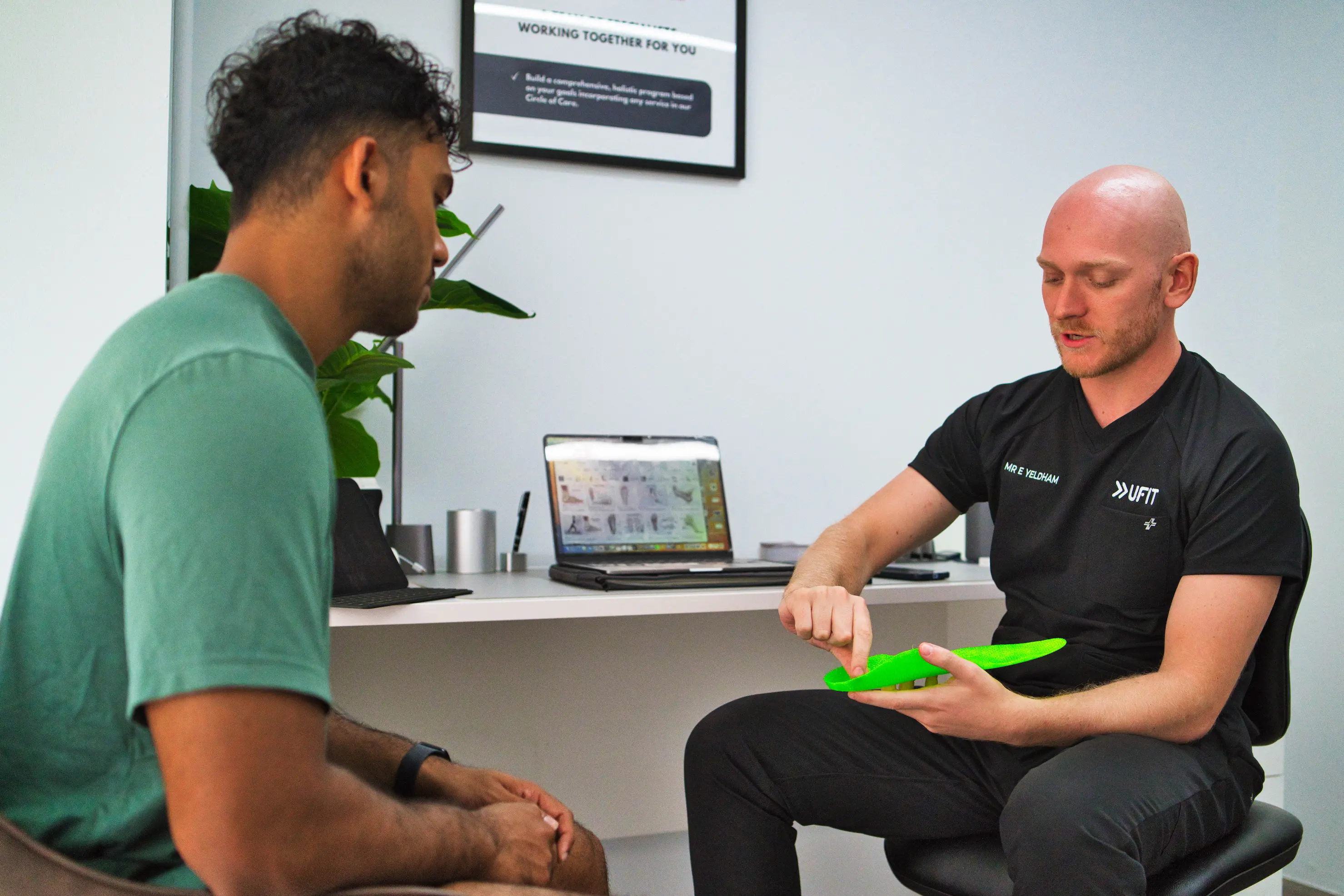
Rest, Ice, Compression, Elevation (R.I.C.E.) for Acute Injuries
For acute Achilles tendonitis, immediately applying the R.I.C.E. principles help reduce pain and swelling. Resting the affected area, applying ice packs, using compression bandages and elevating the leg can significantly aid initial recovery.
Podiatry Therapies for Accelerated Healing
Our Achilles tendonitis specialist team at UFIT Podiatry offers advanced therapy solutions to accelerate healing. These include cutting-edge modalities like Shockwave Therapy to stimulate tissue repair and reduce inflammation.
Foot Orthotics for Improved Alignment
Custom or over-the-counter foot orthotics can be crucial for Achilles tendonitis management by improving foot and ankle alignment. These devices help redistribute pressure and reduce strain on the Achilles tendon, especially for those with biomechanical issues.
Eccentric Stretching for Calf Muscles
Eccentric stretching specifically targets the calf muscles and Achilles tendon, promoting strength and flexibility in the lengthened position. This focused therapy is highly effective in both rehabilitating and preventing Achilles tendonitis.
Regular Stretching for Flexibility
Consistent daily stretching of the calf muscles and Achilles tendon is vital for maintaining flexibility and reducing tension. This practice helps prevent excessive strain on the tendon during activities, minimising the risk of developing Achilles tendonitis.
Warm-up and Cool-down Exercises
Properly warming up before physical activity prepares the Achilles tendon for stress, while cool-down stretches promote flexibility and recovery. Incorporating these routines is a simple yet effective way to prevent Achilles tendonitis and support overall tendon health.
Wear Appropriate Footwear
Choosing footwear that provides adequate cushioning, support and a slight heel lift can significantly reduce stress on the Achilles tendon. Regularly replacing worn-out shoes is also crucial to ensure continuous protection and optimal biomechanics, especially for runners and active individuals in Singapore.
Address Recurring Issues Promptly
If symptoms persist or recur, it's essential to seek professional guidance promptly. Early intervention from an Achilles tendonitis specialist can prevent the condition from becoming chronic, and ensures a more effective long-term management plan.
Our Approach to Achilles Tendonitis Therapy
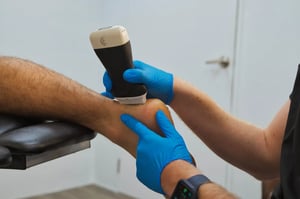
A detailed initial assessment is conducted to understand the patient’s condition, lifestyle, and any contributing factors. This involves a physical examination, gait analysis, and a review of their medical history.
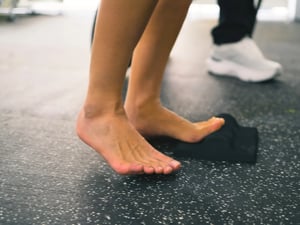
Based on the assessment, a tailored management plan is developed. This may include a combination of conservative measures and physical therapy.
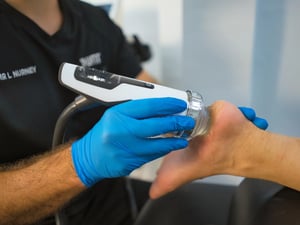
UFIT Podiatry offers advanced therapeutic options such as Radial Shockwave Therapy and Focal Shockwave Therapy to accelerate healing. These cutting-edge modalities precisely deliver energy to the affected Achilles tendon, stimulating blood flow and tissue regeneration to effectively manage chronic pain and promote faster recovery.
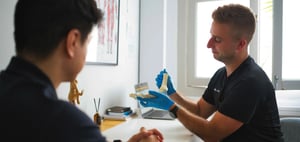
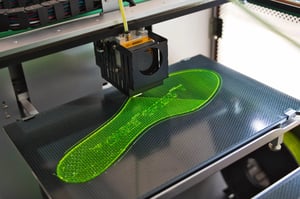
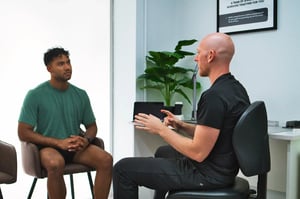
Achilles tendonitis, though often painful and limiting, can be effectively managed with a combination of appropriate treatments and preventive measures. By understanding the causes, symptoms, and available treatment options, individuals can take proactive steps towards relief and improved tendon health. At UFIT Podiatry, a patient-centered approach ensures that those suffering from Achilles tendonitis receive the best possible care, tailored to their unique needs. Through comprehensive assessments, advanced therapies, and personalized treatment plans, UFIT Podiatry helps patients overcome the challenges of Achilles tendonitis and achieve long-lasting comfort and mobility.
Our Approach to Achilles Tendonitis Therapy

A detailed initial assessment is conducted to understand the patient’s condition, lifestyle, and any contributing factors. This involves a physical examination, gait analysis, and a review of their medical history.


UFIT Podiatry offers advanced therapeutic options such as Radial Shockwave Therapy and Focal Shockwave Therapy to accelerate healing. These cutting-edge modalities precisely deliver energy to the affected Achilles tendon, stimulating blood flow and tissue regeneration to effectively manage chronic pain and promote faster recovery.



Achilles tendonitis, though often painful and limiting, can be effectively managed with a combination of appropriate treatments and preventive measures. By understanding the causes, symptoms, and available treatment options, individuals can take proactive steps towards relief and improved tendon health. At UFIT Podiatry, a patient-centered approach ensures that those suffering from Achilles tendonitis receive the best possible care, tailored to their unique needs. Through comprehensive assessments, advanced therapies, and personalized treatment plans, UFIT Podiatry helps patients overcome the challenges of Achilles tendonitis and achieve long-lasting comfort and mobility.
ALL INDIVIDUALS
ALL INDIVIDUALS
We offer personalized, evidence-based lower limb care for athletes, active individuals, and parents seeking specialized treatment for their children.
We go beyond addressing your injury or pain. Through our Circle of Care, you can access our team of experts with a vast range of specialised experience and knowledge.
What to expect on your first visit
We use cutting-edge diagnostic tools to get real-time insights into your soft tissue, joints and structures to provide a fast and accurate diagnosis.
Post-assessment, you will receive clear and comprehensive reports detailing our findings. This will allow you to make informed decisions on your treatment plan.
Together with you, we formulate a comprehensive and personalised treatment plan that suit your goals and preferences.
Hear from our Clients
⭐⭐⭐⭐⭐
“I recently had an appointment with podiatrist Lewis Nurney at UFIT, and it was a wonderful experience. I’ve been dealing with a long-standing issue, but with Lewis’s expertise, kindness, and patience in listening to my concerns, I’ve finally been able to solve the problem and feel so much better.
The clinic is modern with high-tech equipment, and Lewis explained everything clearly, making me feel confident in the treatment plan. Now I’m feeling ready and prepared for the 10K Standard Chartered Marathon! If you’re looking for expert podiatry care, I highly recommend Lewis and the team at UFIT!”
⭐⭐⭐⭐⭐
“Came back to UFIT today after a year since my last consultation with Lewis Nurney. I was very relieved to know that my Achilles issues can be fixed with Lewis’s great advice. He would show me how to perform rehab exercises that will be able to help me throughout my recovery. I highly recommend UFIT podiatry to anyone in need of advice or help.”
⭐⭐⭐⭐⭐
“I had the pleasure of visiting Dr. Lewis through a recommendation and it turned out to be an excellent one, particularly after experiencing so many already. The thoroughness of his examination and help at each step of the process is beyond impressive. He took the time to listen to all my concerns and thoroughly explained my diagnosis and treatment options.
He made sure that I was well-informed and comfortable with the decisions being made without any pushing. I would highly recommend him for anyone in need of a skilled and caring podiatrist.”
Meet Our Podiatry Team

Lewis Nurney
Lewis is a highly experienced podiatrist with over 5 years of practice in Singapore, bringing his expertise to UFIT's comprehensive Circle of Care. As Head of Podiatry at UFIT Club Street, he specialises in sports podiatry, innovative orthotics for adults and children (including 3D-printed custom insoles, Paediatric AFOs and SMOs for pediatric flat feet), and minimally invasive procedures.
A first-class honours graduate from the University of Huddersfield (UK), Lewis holds dual certifications in Extracorporeal Shockwave Therapy (ESWT), Diagnostic Ultrasound and Running Gait analysis. Previously with East Coast Podiatry, he now provides patient-centred care at UFIT, specialising in non-surgical management of conditions like Foot Pain, Plantar Fasciitis and Achilles Tendinopathy in both children and adults, ultimately focused on alleviating discomfort and restoring optimal foot function.

Elliot Yeldham
Elliott is a dedicated podiatrist with over 7 years of healthcare experience, gained in both the UK's National Health Service (NHS) and private practice. He holds an Honours degree in Podiatry from Cardiff Metropolitan University (Wales), and brings a wealth of expertise to Singapore.
Specialising in Musculoskeletal (MSK) podiatry, Elliott's interests include sport podiatry and the management of gait abnormalities in both adults and children. He is also recognised for his skill and patient-focused approach in minimally invasive procedures for ingrown toenails and wart removal. Committed to a patient-centred and multidisciplinary model, Elliott actively stays informed of the latest healthcare advancements through clinical research and international conferences.
Consult An Achilles Tendonitis Specialist Today
Visit Our Podiatry Clinic
21 Club St, #01-01
Singapore 069410
+65 6225 5059
podiatry@ufit.com.sg
View on Google Maps



Frequently Asked Questions About Achilles Tendonitis
Untreated Achilles tendonitis can lead to chronic pain, significant functional limitation and even tendon ruptures in severe cases. This underscores why early and effective Achilles tendonitis management with a dedicated podiatry specialist is vital to prevent lasting complications.
Podiatry Blog
Check out the podiatry articles on our blog, written by our very own experts!

.png?width=301&height=187&name=Website%20Navigation%20Images%20(3).png)

-1.jpg?width=1984&height=1196&name=UFIT%20Club%20Street%20Front%20(4)-1.jpg)


